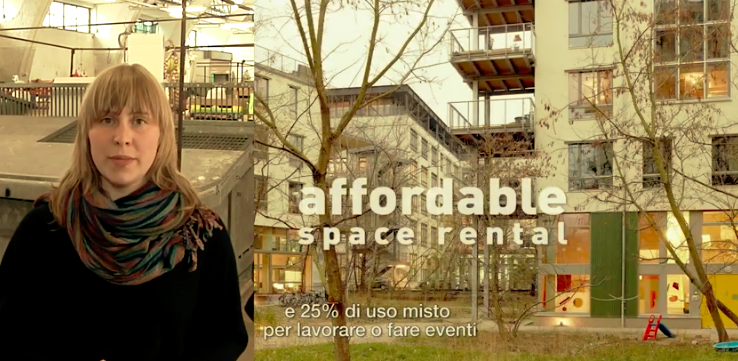
Spreefeld – Cooperative housing with public access
Spreefeld in Berlin is a housing cooperative created as a pilot project to contribute to the ongoing debate around the development of the Spree riverbank
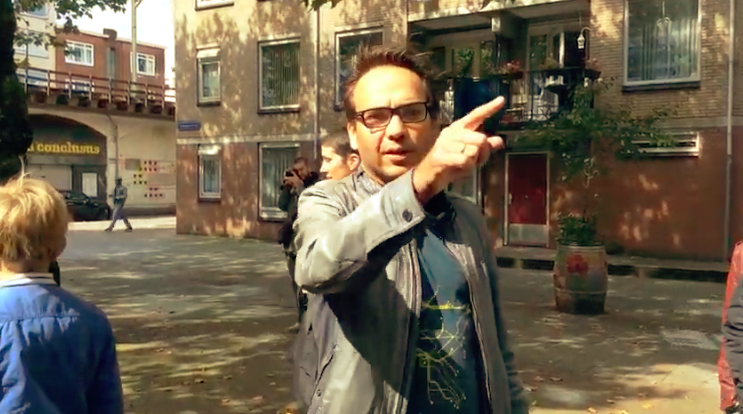
ZOHO – Development with a hundred investors
ZOHO is a former inner city business area in Rotterdam, that gradually witnessed a loss of attractiveness. Stipo, an Amsterdam/Rotterdam-based urban regeneration office stepped in
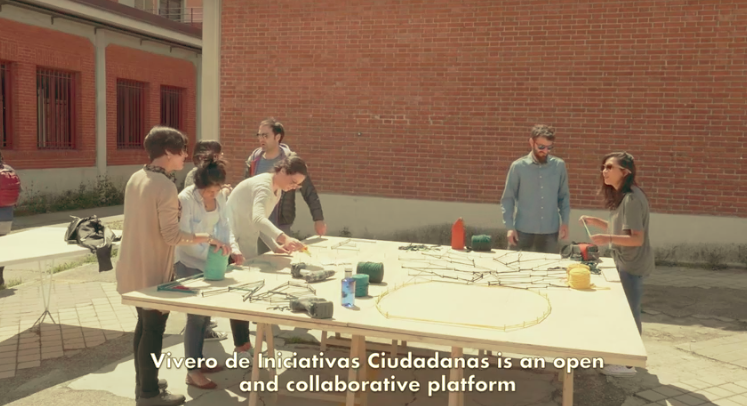
Vivero de Iniciativas Ciudadanas – Mapping and co-producing citizen initiatives
Vivero de Iniciativas Ciudadanas is a platform to support citizen projects in Madrid. Initiated by the architecture office Estudio SIC, the platform maps and brings
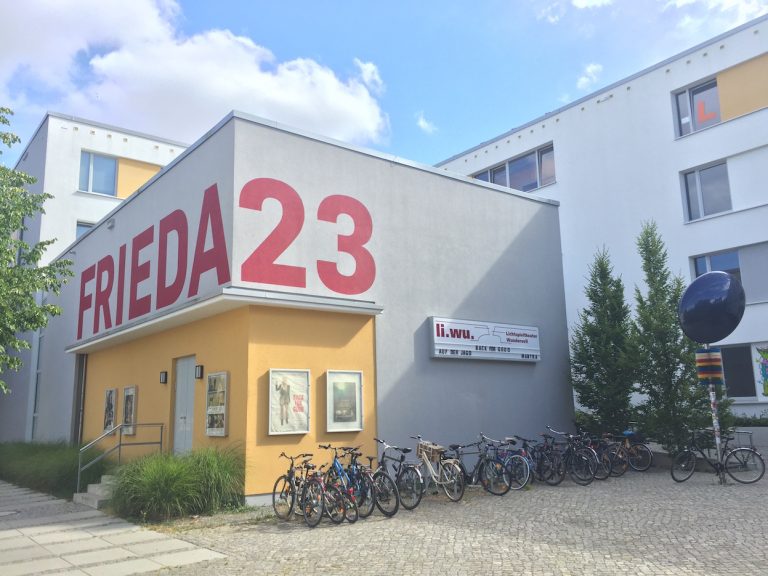
LaFabrika detodalavida – Revitalising a rural area
LaFabrika detodalavida is a multifunctional community centre set up in an abandoned industrial space in Extremadura in Spain, that offers a series of local services
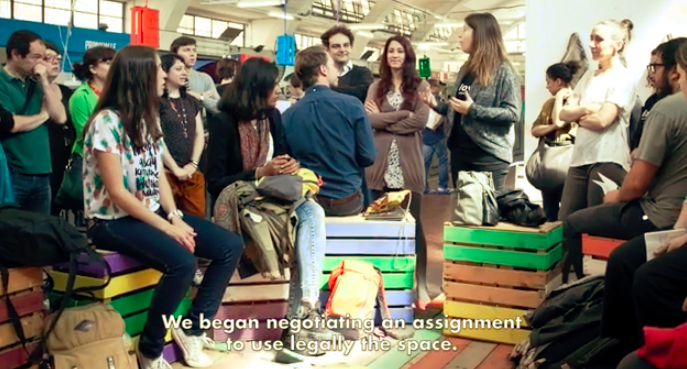
LaFabrika detodalavida – Revitalising a rural area
LaFabrika detodalavida is a multifunctional community centre set up in an abandoned industrial space in Extremadura in Spain, that offers a series of local services
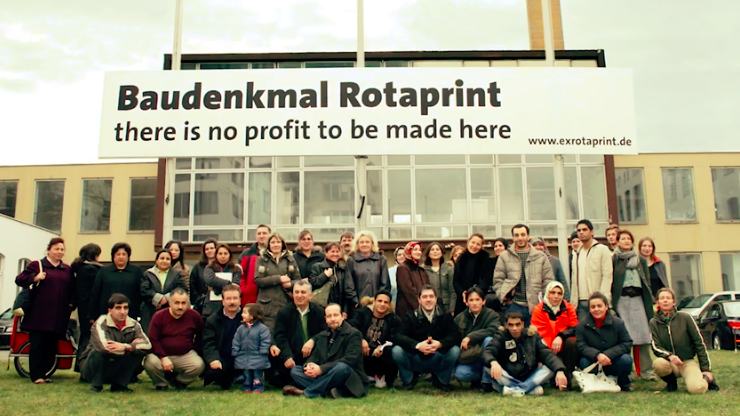
ExRotaprint – Community ownership against speculation
ExRotaprint was founded by tenants of the Rotaprint industrial complex in Wedding, a traditional working class district in Northwest Berlin. When the complex was put

